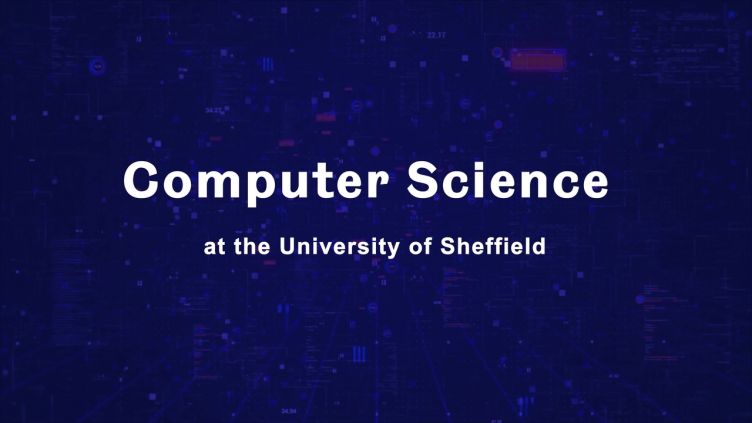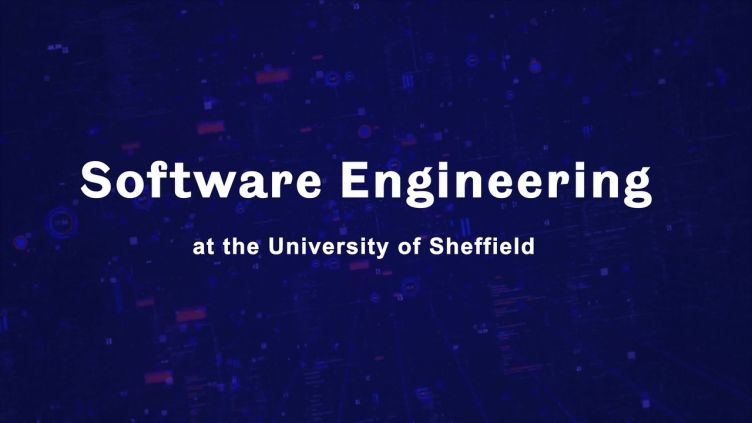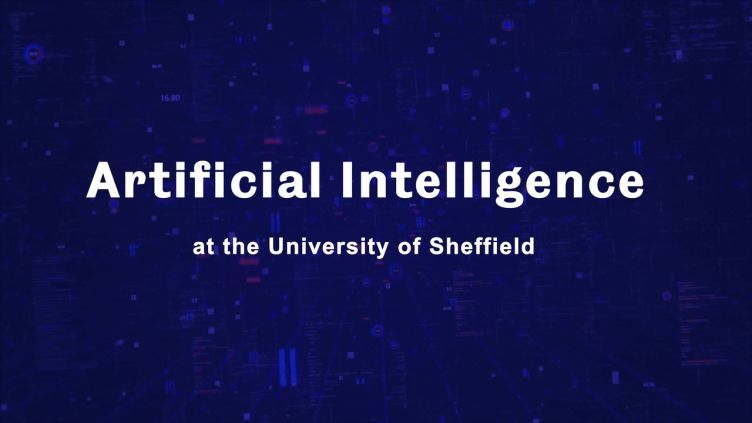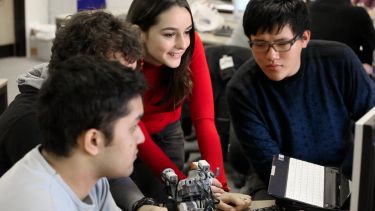Course structure

Our courses in more detail
Computer Science degrees
Software Engineering degrees
Artificial Intelligence degrees
First Year
All first-year students are introduced to programming (Java) and to the fundamentals of Software Engineering and Computer Science.
You'll also study the mathematical foundations of computer science and learn about networks and computer architectures.
Second Year
All students progress to functional programming as well as learning about database technology, graphics and robotics. Mathematical aspects are explored in logic, computation and pattern recognition topics. More advanced aspects of software engineering such as systems analysis and design are covered. You will also learn about some of the professional, legal and ethical issues involved in computing.
Most students have their first experience of working for an external client in the second year, through the Software Hut project.
Students taking Computer Science (Artificial Intelligence) alternative software Engineering group project that is more AI focused.
Third and fourth years
The third year offers a greater choice of topics. We encourage you to focus on the subjects that interest you the most. You may be interested in adaptive intelligence, computer graphics or bioinspired computing. You might want to explore how computers interact with speech and language. All third-year students carry out a research project and study a module on Finance and Law for Engineers.
MComp and MEng students progress to more advanced material in the fourth year. You will have the opportunity to take part in Genesys. There will also be a lot of research-led topics to choose from – current topics include verification and testing, computer security, mobile software development and speech processing by mind and machine.
Students with a keen interest in research can opt for Darwin – a major group research project. There may also be the opportunity for students to pursue research projects over the summer break between years 2/3 or 3/4, funded by the University's SURE scheme or an industrial sponsor.
Industrial Placement Year
You have the opportunity to include an Industrial Placement Year (a work placement year) as part of your degree.
Industrial Placement Year provides a chance to experience the work that you like in practice. Apart from experiencing how to solve real-world problems, you will be able to develop your transferable skills, put academic theory into practice and - very importantly - substantially increase your value on the job market.
You'll be paid a salary and your University fees are reduced for that year.
The content of our courses is reviewed annually to make sure it's up-to-date and relevant. Individual modules are occasionally updated or withdrawn. This is in response to discoveries through our world-leading research; funding changes; professional accreditation requirements; student or employer feedback; outcomes of reviews; and variations in staff or student numbers. In the event of any change, we'll consult and inform students in good time and take reasonable steps to minimise disruption.
Software Hut
The Software Hut group project, pioneered at the University of Sheffield, is famous nationally. The Software Hut (a microcosm of a real software house) is used as a vehicle for investigating the processes of engineering a real software system for a real client in a competitive environment. The taught element of the project covers how to manage software development projects successfully and how to deliver software products that meet both client expectations and quality standards.
"PHASE (Practical Help Achieving Self Empowerment) is a charity working in primary care projects in very remote areas of the Nepalese Himalaya. We had been thinking for years that having a simple software system for the health workers in these remote villages to record their work and look up treatments and guidelines would really help improve our work and reporting. As a small charity, we would never have been able to pay for the development of such a system, but the Software Hut project gave us a chance to look at this. The student teams working on the project were highly motivated and flexible and the process was interesting and enjoyable. We ended up with a choice of two very good systems, and were lucky that the students whose software we chose, in the end, have continued to support us: They have helped iron out several problems and recently adapted the software to android operating systems. We are very hopeful that this will be a highly useful piece of work that will not just help our organisation but others working in Nepal as well."
Dr Gerda Pohl, Trustee and Medical Coordinator PHASE Worldwide.

International undergraduate scholarships
We are offering scholarships of £2,500 for each year (subject to a 60% average) of your undergraduate degree. The maximum value is £10,000 for four-year programmes.




